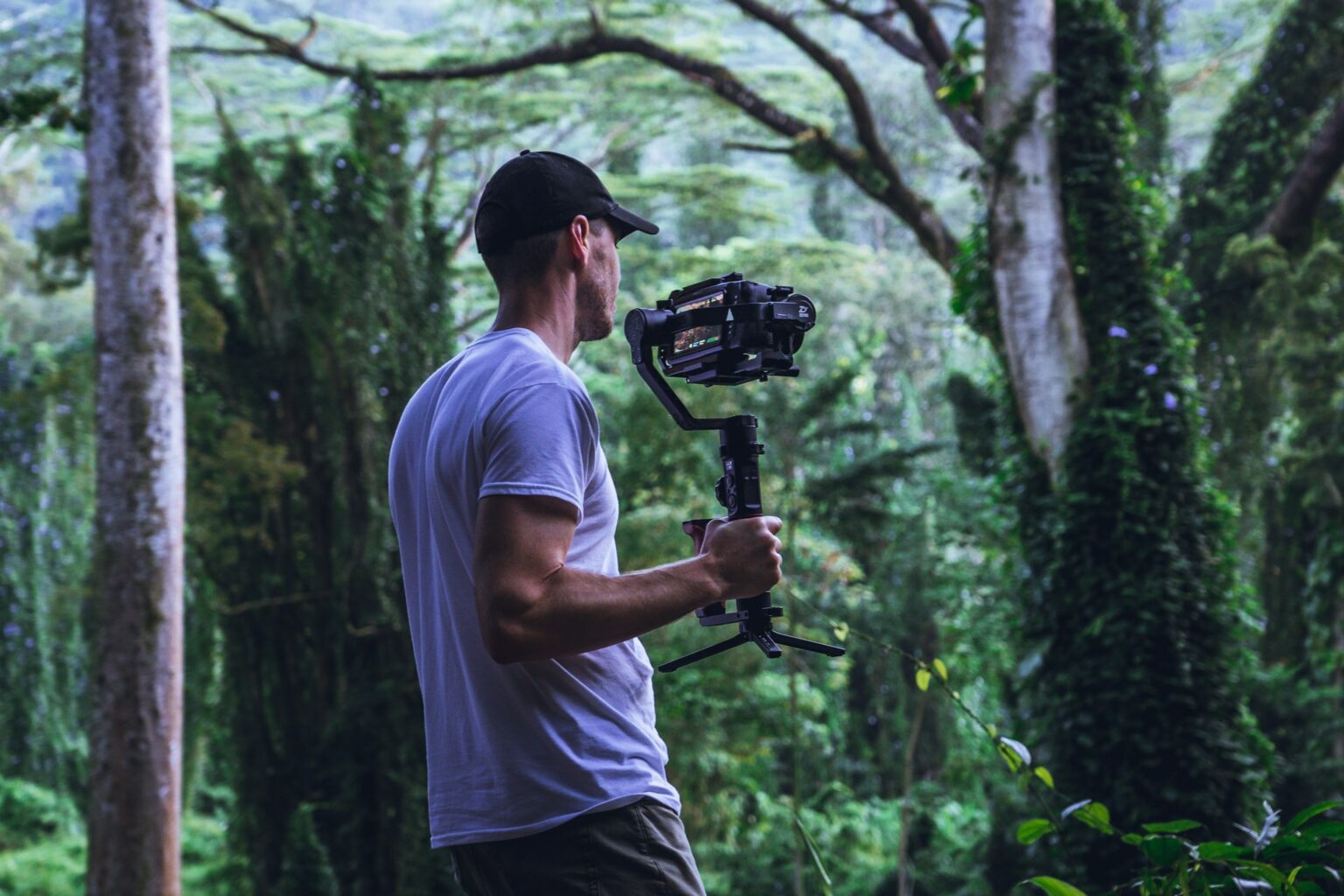Gathering and Waiving Rights – Introduction
Today we will look at gathering and waiving rights; from the inception of an idea, through its evolution into a film, producers of film and television must gather all the intellectual property rights in their productions. A producer acquires these rights by entering into contracts with the various people who provide services to the production (for example, the production’s cast and the crew). In exchange for payment of their wages or fees, cast and crew members should be required to transfer to the producer all the intellectual property rights created as a result of their services. But why does a producer need to acquire these rights? And what rights specifically must a producer ensure are transferred? Glad you asked!
Chain of Title
When a producer owns all of the rights in a production it is said to have a complete Chain of Title, i.e. an unbroken series of contracts that demonstrate that all rights have been transferred to the producer. The Chain of Title tracks the ownership history of the rights and verifies that the producer owns all the rights required to produce the production.

Join Our Community
Be the first to read new articles, industry news, and more. Sign up to our newsletter today!
Why must a producer have a complete Chain of Title? Some of the main reasons include:
Financing
A third-party financier (such as a bank) must be satisfied that all rights are owned by the producer (the bank will hold those rights as security against the loan) before agreeing to finance the production.
Certainty
Producers do not want cast and crew members to claim they own rights in a production because those rights were never properly assigned. Such claims may arise years down the road with the former cast and crew members demanding extra payment. By keeping a complete Chain of Title, producers are able to prove they own all the rights in a production.
Distribution and Exhibition
TV networks, movie theatres, and other distributors and exhibitors want to be sure that the producer owns all the rights in a production. Otherwise, there is a risk that a third-party may claim rights in the production and demand payment, or worse, stop the production from being exploited altogether.
Insurance
Producers will not be able to obtain Errors and Omissions insurance without a complete Chain of Title.
Intellectual Property Rights
In Canada, under the Copyright Act, an employer automatically owns copyright in works created by an employee that are made in the course of employment. Independent contractors, on the other hand, retain ownership of the intellectual property they create unless they are expressly assigned. Typically, most of a producer’s crew are independent contractors. Producers must therefore ensure they have strong independent contractor agreements which transfer ownership of all the results and proceeds of the crew members’ services to the producer.
Where a producer hires an employee, even though copyright may be assigned automatically, the employment agreement should clearly describe that both the producer and the employee understand and agree that the producer will be the owner of all intellectual property created by the employee during the course of employment.
Moral Rights
A producer must also obtain a waiver of moral rights (please, no immoral lawyer jokes). Unlike intellectual property rights, moral rights cannot be assigned (which is to say that they are forever held by the creator). They can, however, be “waived”, meaning the creator promises not to enforce their moral rights against the producer. Importantly, an assignment of intellectual property rights does not establish a waiver of moral rights. Moral rights must be expressly waived in addition to the transfer of intellectual property rights.
In Canada there are three types of moral rights:
(i) the right to the integrity of the work (which includes the right to prevent alteration of the work which might damage the creator’s honour or reputation, and the right to prevent the work being used in association with a product, service, cause or institution);
(ii) the right to be associated with the work (the right to be identified as the author of the work by name or pseudonym); and
(iii) the right to remain anonymous.
If moral rights are not waived, a creator could potentially stop a producer from altering that creator’s work or using it in certain contexts, both of which the producer may require in order to develop its production.
Gathering and Waiving Rights: Conclusion
In sum, a producer must ensure that all cast and crew assign to the producer any intellectual property rights created as a result of their services and provide a waiver of moral rights in favour of the producer and the producer’s licensees, successors, and assigns.
As always, reach out to us if you have any questions, or if it happens that you are using an old contract (perhaps which you have not closely read) as a precedent, and particularly if that precedent came from a U.S. source.
Recent Blog Posts:
10 Legal Considerations for Filmmakers in Canada
P2 Work Permits for Musicians – Legal Requirements For Canadians Performing in the U.S.
The Radio Starmaker Fund’s Orion Program For BIPOC Artists
The “JUST TRUST ME” Legal Agreement
Author: Ian Harris, Entertainment Lawyer
Edwards Creative Law is Canada’s Entertainment Law Boutique™, providing legal services to Canadians, and international clients who partner with Canadians, in the Music, Film & Television, Animation, Interactive Digital Media, Game, Publishing and Software industries. For more information and additional blogs, please visit www.edwardslaw.ca
© 2021 Edwards Creative Law




